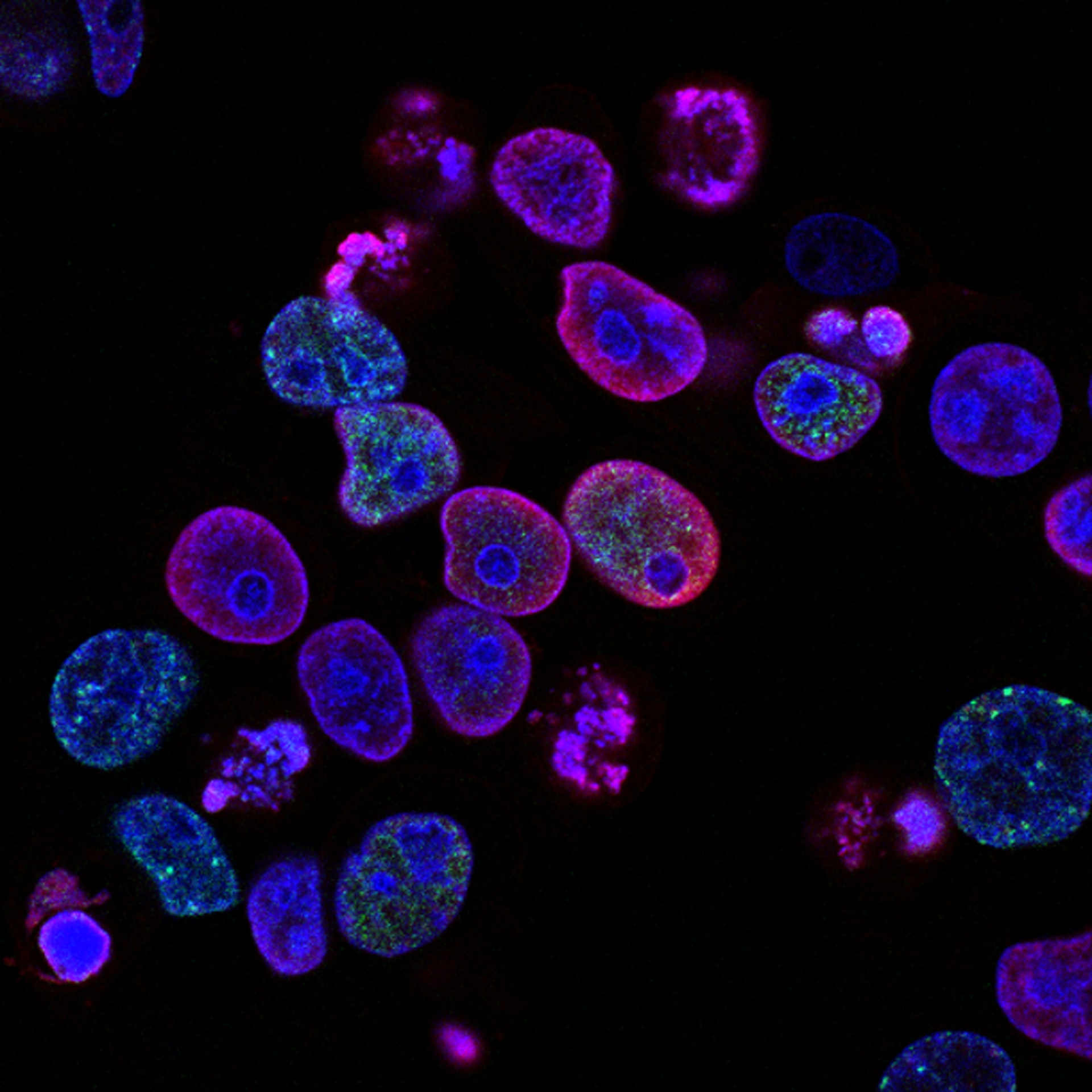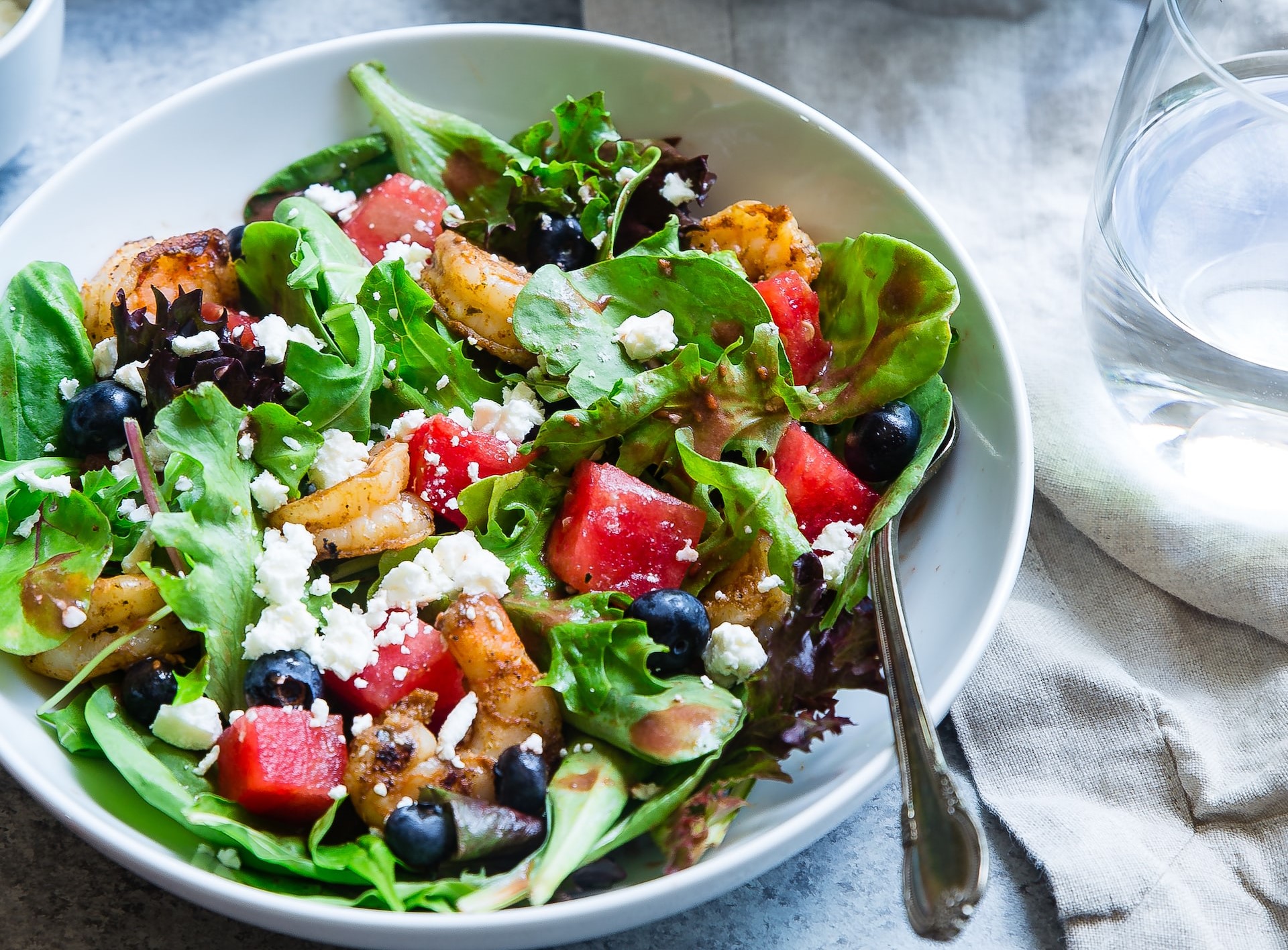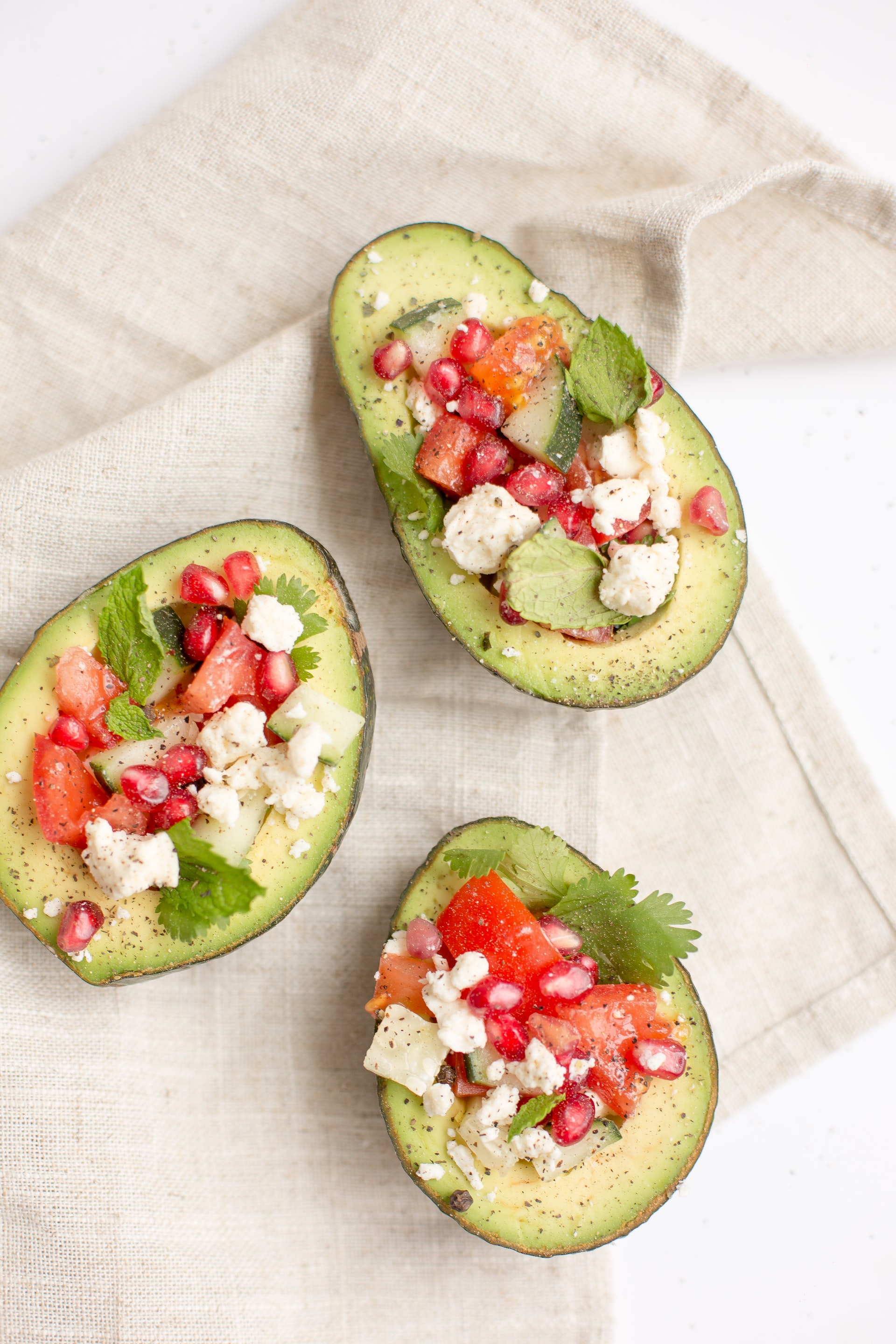
Healthy Plant-Based Diets That Reduce Colon Cancer Risk
Studies show that eating whole grains, vegetables, fruits and legumes reduces the risk of colon cancer. What is colon cancer? Foods that reduce the risk of colon cancer.
"It shows that eating a healthy plant-based diet is associated with a reduced risk of colorectal cancer," said study co-author Jihye Kim, of Kyung Hee University in South Korea.
Jihye Kim stated that colon cancer is the third most common cancer worldwide and a man has a one in 23 chance of developing this disease. A woman's lifetime risk is one in 25.

What is Colon Cancer?
Cancers that occur on the inner surface of the large intestine, which is about 1.5 meters long, are called colon cancer. This type of cancer occurs with the uncontrolled growth of cells and cell communities in the layer covering the inner surface of the large intestine.
Colon Cancer Symptoms and Treatment
The onset of colon cancers is cell growths, namely polyps, in the intestine. However, polyps often do not cause any complaints at first. As polyps begin to become cancerous, grow in size or increase in number, they cause the following changes in a person's bowel habits:
- New onset of constipation or vice versa, change in stool consistency (in favor of diarrhea) or odor
- Anemia caused by iron deficiency
- Thinning of the stool thickness, blood in the stool or bleeding from the anus after going to the toilet,
- Abdominal pain, loss of appetite and involuntary weight loss.
Colon cancers are treated with various methods. Surgery, chemotherapy (drug therapy), and radiotherapy (radiation therapy) are the most commonly used treatments.

Foods That Reduce Colon Cancer Risk
Some studies reveal that colon and rectal cancer are more common in populations that consume less fiber. Foods containing high amounts of fiber shorten the transit time of waste materials through the digestive system, and reduce the risk of cancer by creating heavier, bulkier waste material (stool). High-fiber diets generally have less fat content, which is protective against colon cancer. Daily fiber consumption should be around 25-35 grams.
- Consume whole grain bread.
- Consume 1-2 servings of cooked vegetable food regularly per day. Add vegetables or salad to at least 2 main meals.
- Eat legumes 2-3 times a week. You can enrich your salads and soups with dried legumes on a daily basis.

- Whole wheat pasta instead of plain pasta; Instead of rice pilaf, choose wholemeal rice or bulgur pilaf.
- Add 1-2 tablespoons of wheat, oat bran or oatmeal to your daily diet.
- Milk and dairy products should be included in the daily diet plan.
- Include fruits such as apricots, red plums and figs in your diet as they are rich in fiber, especially if you suffer from constipation.
Source:WebMD - Photos:Unsplash







